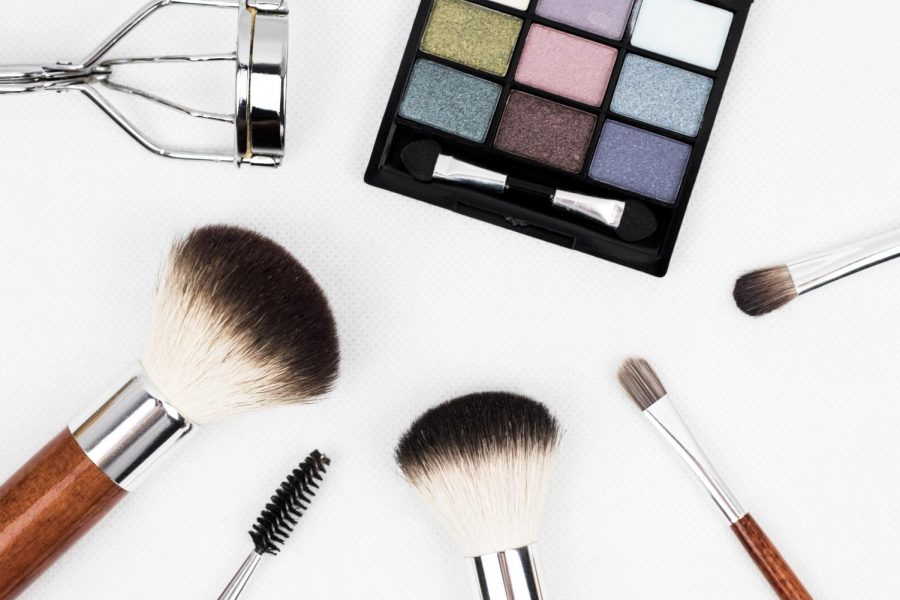The Politics of Cosmetics
As a rapidly growing, multi-billion dollar industry, cosmetics have become a centerpiece of American culture.
November 27, 2017
As a rapidly growing, multi-billion dollar industry, cosmetics have become a centerpiece of American culture. The United States cosmetics industry generated an estimated $62.46 billion in revenue last year and will only keep growing. This industry has thrived in the U.S. since the early 20th century, which is why it is surprising that the Food and Drugs Administration hasn’t updated its regulations on cosmetics since 1938.
Recently, there has been a push by several cosmetic industry powerhouses along with Congress to revamp regulations and allow for more government oversight. The result of this is the Personal Care Products Safety Act, a bill sponsored by senators Dianne Feinstein and Susan Collins that would increase FDA involvement in ensuring product safety.
More specifically, the bill, introduced to the Senate back in April of 2015, will require that companies register their cosmetic manufacturers, send ingredient statements, report recalls of products and promote methods that will minimize animal testing for cosmetics. The bill also calls for the FDA to conduct independent studies on cosmetic products to report on its safety.
Before the act of 1938, the cosmetics industry was notorious for its use of toxic ingredients in its products, which included lead, arsenic and radium. Today, common cosmetics products such as shampoo and perfume boast ingredients like butylated hydroxyanisole, a chemical classified as a carcinogen by the National Taxicology Program; parabens, used in a variety of personal care products to stop microbial growth, linked to a possible increased risk in breast cancer; and oxybenzone, which can alter cellular makeup.
International markets in Canada and the European Union are subject to much harsher regulations, banning over 500 and 1,328 ingredients in cosmetics, respectively. Although the Federal Food, Drug and Cosmetic Act dictates that the FDA must inspect and approve color additives used in personal care products, and requires the labeling and banning of misbranded cosmetics, the FDA has only banned less than a dozen ingredients in the late 20th century.
With the boom of social media influencers and celebrities channeling their brands through cosmetics — think Kylie Lip Kit, Fenty Beauty and countless others that have generated millions of dollars for makeup companies — the industry has a growing adolescent and young adult base, a demographic that could be more vulnerable to the unregulated chemicals found in personal care products. Currently, many chemicals frequently used in cosmetic products are hormone disruptors that can not only affect health, but can also impact aquatic ecosystems if high concentrations of these substances end up in the waste water supply.
The act points to a future where the cosmetics industry is more transparent. With companies required to meet strict regulations, it likely means that there will be an increase in safer makeup products and consumer awareness. The bill might cause a hike in cosmetic product prices, as companies are forced to possibly use other ingredients that are more expensive to source.
Your favorite beauty vlogger might start exposing the ingredients found in lipstick brands, or you might decide to cut your favorite makeup brand after reading a concerning label warning. Many may shift to significantly limiting their cosmetic usage. Regardless, it will be interesting to see how the Personal Care Products act will paint a new face for this influential industry.
A version of this article appeared in the Monday, Nov. 27 print edition. Email Jendayi Omowale at [email protected].























































































































































